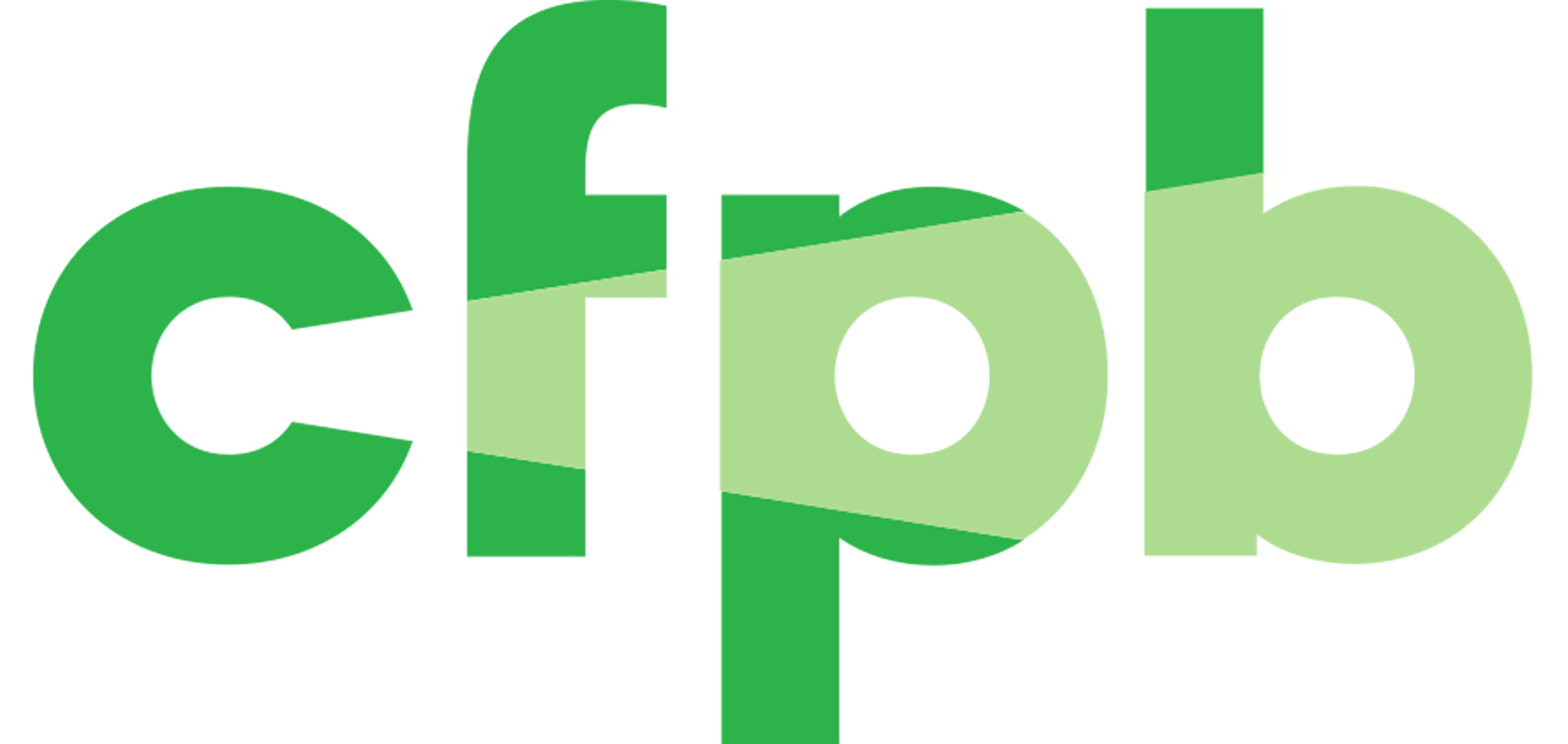CFPB Proposes Expanding RESPA Disclosure Exemption for HFA Loans

Earlier today, the Consumer Financial Protection Bureau (CFPB) released a proposed rule that would make several changes to CFPB’s TILA-RESPA Integrated Disclosure Rule (TRID). The proposal includes a provision designed to make it easier for lenders to participate in HFA down payment assistance programs by exempting more such programs from onerous disclosure requirements.
The current TRID rule contains a limited exemption for certain HFA down payment assistance loans and other HFA housing assistance loans (such as those that finance home repairs or foreclosure prevention assistance) from the disclosure requirements outlined by the Real Estate Settlement Procedures Act (RESPA). For a loan to be exempt, it must be non-amortizing, forgivable, and not include fees that exceed one percent of the loan amount. The only fees that may be charged to the borrower at closing are recordation fees, application fees, and fees to pay for the borrower’s housing counseling.
Many HFA down payment assistance program loans do not qualify for this exemption because the HFA is required to charge borrowers a variety of recording fees and taxes that are set by state and local governments. These fees, which are often the only fees HFAs charge borrowers in connection with their down payment assistance and which the HFA has no control over, often exceed one percent of the loan amount. This means that many HFAs must provide borrowers with the Good Faith Estimate and HUD-1 forms in connection with their second loans, as required by RESPA.
The proposed rule would amend the exemption to clarify that any transfer taxes the borrower pays at closing are an allowable fee. The rule would also exempt state and local recording fees and taxes from being counted toward the one-percent limit on fees. This is intended to make more HFA program loans exempt from the disclosure requirements. NCSHA has been in communications with CFPB to advocate for such a change for almost a year.
This adjustment is particularly important because many HFA down payment assistance loans do not fall under the jurisdiction of the Truth-in-Lending Act (TILA). This means that, unless the loans qualify for the partial exemption, the TRID rule requires that the borrowers receive RESPA forms instead of the new TRID disclosures. As lenders and other originators have updated their systems to implement the TRID rule, many are no longer able to produce the RESPA forms, making it substantially harder for them to participate in HFA down payment assistance programs.
While the proposed rule would only expand the criteria for the exemption, CFPB does solicit comment on whether it should instead expand the exemption to include all HFA transactions. The rule also includes several other adjustments to the TRID rule, as well as dozens of clarifications and technical corrections. NCSHA will study these further to determine their impact on HFA programs.
CFPB will accept comments on the proposed rule until October 18. NCSHA plans to submit comments on behalf of all HFAs and will be reaching out to those HFAs whose down payment assistance programs we understand may be impacted by the RESPA disclosure issue to solicit their input. If you have any feedback you would like NCSHA to consider as it develops its comments, please email Greg Zagorski by Friday, October 7.

